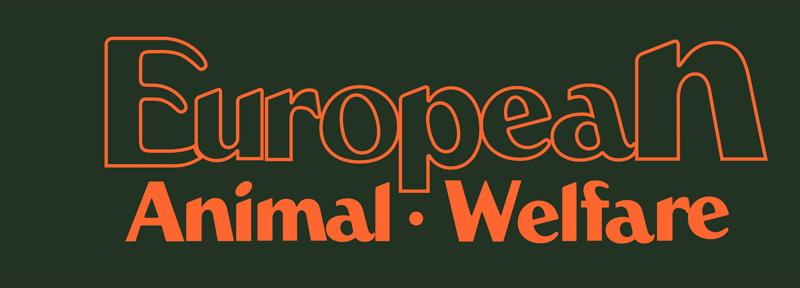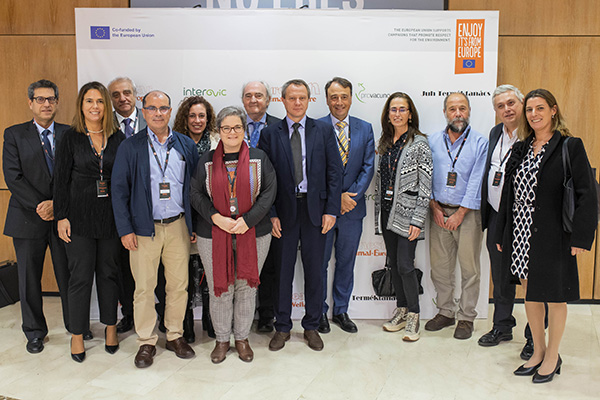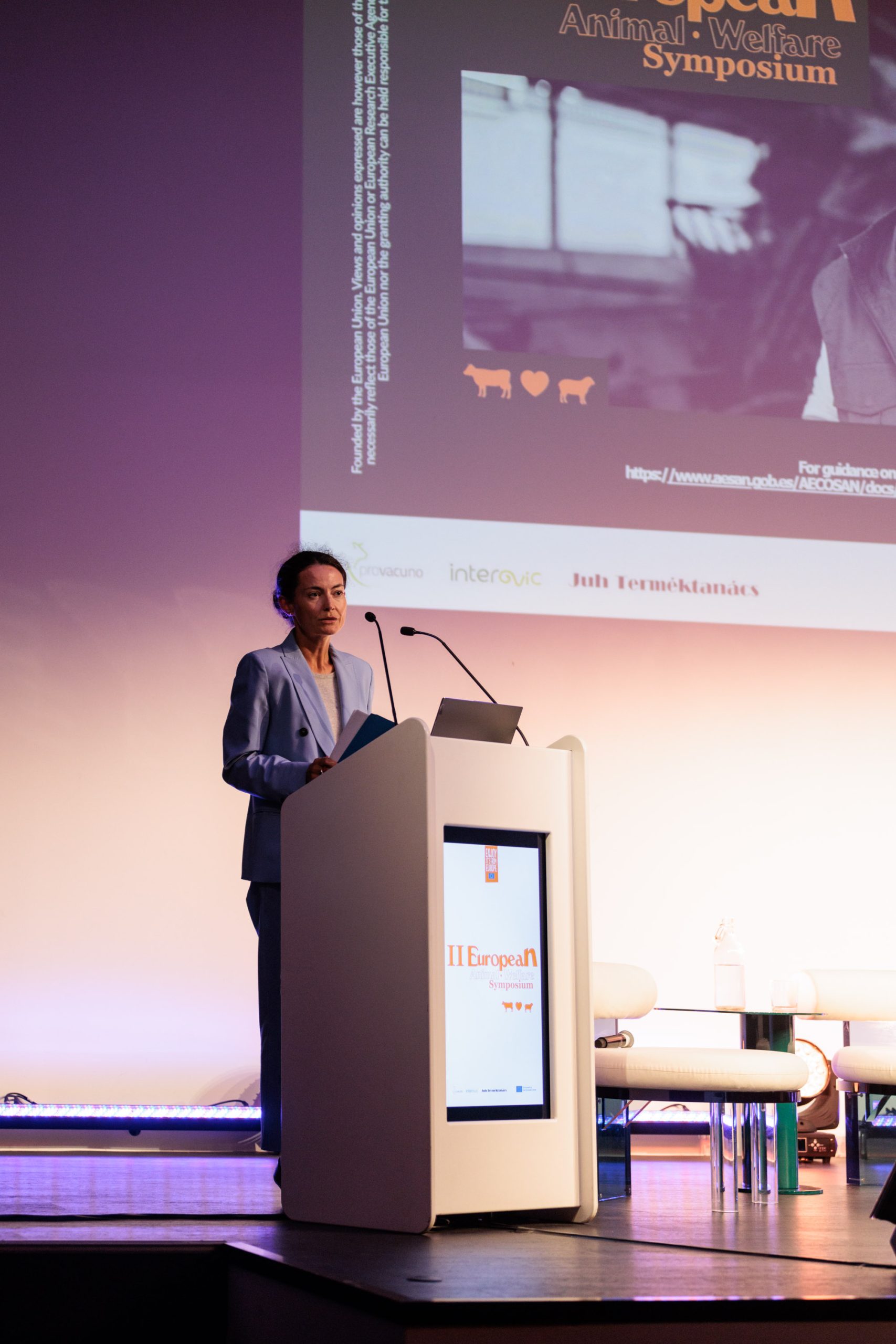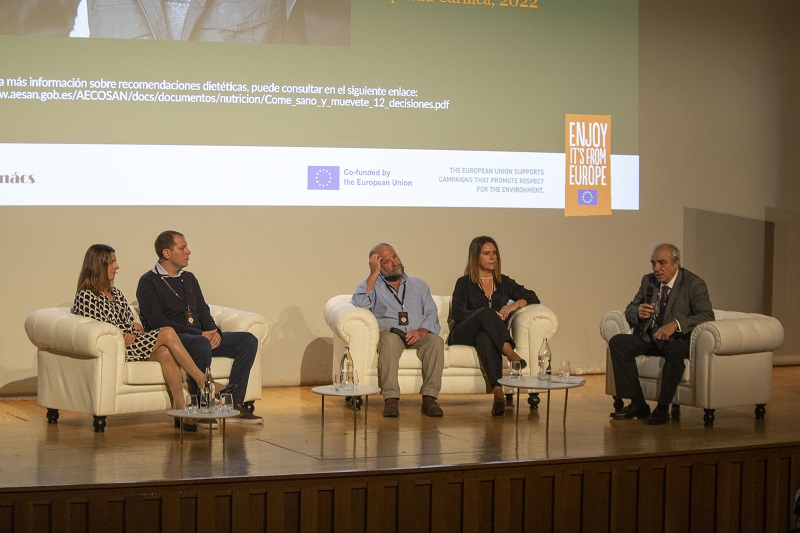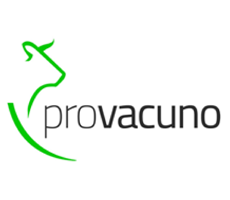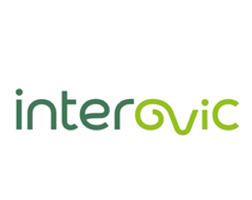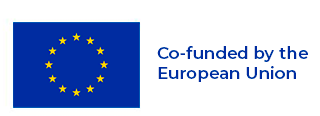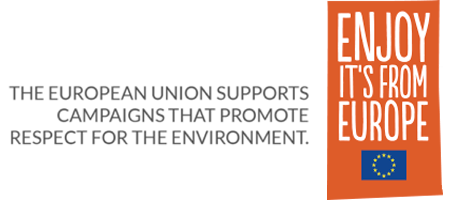The beef and sheep interprofessionals in both Spain and Hungary (Interovic, Provacuno and JTT) were warmly congratulated by the entire livestock-meat sector thanks to the organization, last November, of the first Animal Welfare Symposium at European level. The recognition came about thanks to the work of the three interprofessionals in uniting different representatives of the production chain and putting animal welfare, a problem of growing concern to citizens all over Europe, in the spotlight.
Thanks to the work of these organizations, technicians and scientists from the sector converged in the same space with the aim of putting animal welfare in the focus of public opinion. In the words of Javier López, director of Provacuno: «Without animal welfare there is no efficient production. Without animal welfare the industries cannot have an adequate product for the consumer, so we have to make a communication exercise in this type of events to transfer to society what is the role of this type of Symposium within what is livestock production».
Great referents of the sector such as the UECBV veterinarian Carolina Cucurella or the philosopher Fernando Savater had the opportunity to debate and contribute new ideas and concepts to the current state of animal welfare. In Cucurella’s opinion: «the moment animals have a good level of welfare, they are animals that will reach the consumer’s table providing a security based on the fact that this product has been obtained with good practices along the whole chain».
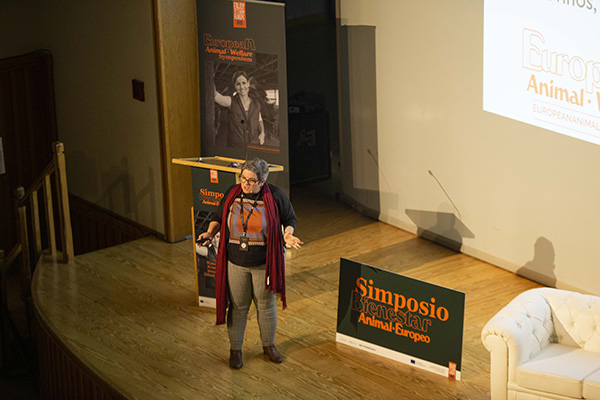
In this line, the importance of communicating at all times to society the improvement work and the effort made by the sector itself in this sense was stressed, and it was exemplified with initiatives such as this first annual Animal Welfare Symposium, as Luis Gosálvez, founding member of SEPROBA and director of the Scientific Committee of the Symposium, said: «The stockbreeding sectors have very good professionals and they also love their animals very much. One does not become a breeder because he wants to harm the animals. With that, he mortgages his house, he gets personally involved… but he has to say it and do it. The policy of silence is useless in such a particular debate, where there is so much tendency to feelings».
According to the Food and Agriculture Organization of the United Nations (FAO), there are several strategies aimed at ensuring the implementation of good animal welfare practices: voluntary codes, generally developed by the industry; business plans; product differentiation that allow consumers to make purchasing choices; development of internationalization programs; and application of international standards and agreements signed by intergovernmental organizations or conventions.
Regardless of the strategy implemented, a prior analysis must always be made based on local conditions to determine which programs are most effective in promoting good animal welfare practices and how the implementation of these programs benefits animals, people and the environment.
Raúl Muñiz, president of the Interprofessional Interovic recognized a constant evolution in the commitments of the sector with the welfare of ruminants and insisted that, as an interprofessional, they have the challenge of knowing how to transmit to a society, increasingly distant from the rural enclave, which are the advances and difficulties faced by livestock productions: «we are calm because we know how to produce. We know that we produce within the highest standards of quality and welfare, but this must be transmitted to the consumer, giving him the guarantee that we are really doing it». – Muñiz emphasized.
